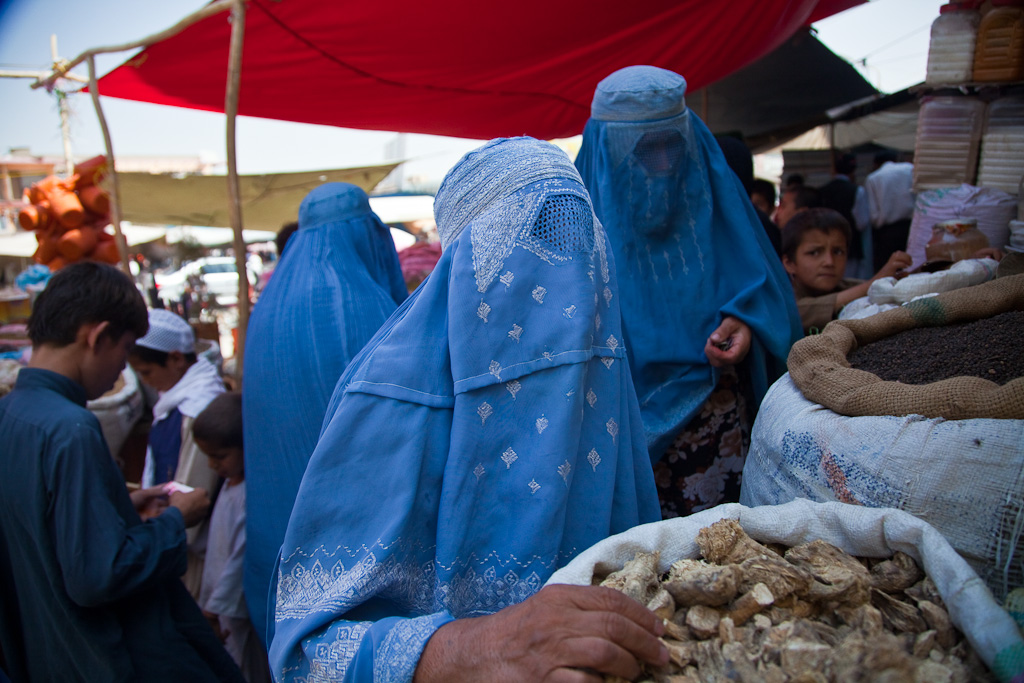The United Nations has revealed that four missing women’s rights activists were released by “de facto authorities” in Afghanistan, following weeks of worry and uncertainty.
Since regaining power in August 2021, the Taliban have been cracking down on women activists by dispersing rallies, detaining critics and beating local journalists who dare to report on unsanctioned protests.
Tamana Zaryabi Paryani, Parwana Ibrahimkhel, Zahra Mohammadi and Mursal Ayar went missing four weeks ago after attending an anti-Taliban rally but the Taliban, who is still unrecognised by any country as the government, deny any accusations of detaining them.
On Sunday (13 February), the United Nations Assistance Mission in Afghanistan (UNAMA) tweeted: “After a long period of uncertainty about their whereabouts and safety, the four ‘disappeared’ Afghan women activists, as well as their relatives who also went missing, have all been released by the de facto authorities…”
Ibrahimkhel, who went missing on January 19 along with Paryani after attending a rally in Kabul calling for the rights of women and girls to work and education, was released on Friday (11 February) according to AFP.
Mohammadi and Ayar went missing weeks after Ibrahimkhel and Paryani. Relatives of the women activists also went missing.
Before Paryani went missing, footage circulated online showing her in distress and claiming Taliban fighters were at her door.
Paryani shouts out in the video: “Kindly help! Taliban have come to our home in Parwan 2. My sisters are at home.” She continues: “If you want to talk, we’ll talk tomorrow. I cannot meet you in the night with these girls. I don’t want to [open the door]… Please! Help, help!”
A Taliban spokesperson replied to AFP recently, stating that the government had the right “to arrest and detain dissidents or those who break the law” following a ban on unsanctioned protests introduced soon after the Taliban took control of the country.
The Taliban had promised a softer stint in power this time round, compared to their first time from 1996-2001.
However, as predicted, authorities have imposed several restrictions on women and have frequently released guidelines on how women “should behave”. Women have mostly been barred from government sector jobs and the majority of girls’ secondary schools have remained shut. The authorities have also issued an order that women and girls cannot travel between cities and towns unless accompanied by a male relative. Furthermore, posters have been put up across Afghanistan encouraging women to wear the all-covering burqa.
The Taliban has sought to invisibilise and ostracise women who are fighting for the right to work, for education and to live freely. The fight women face today in Afghanistan spills from the workplace, into the community and the home and they face every hurdle to simply live their lives.
Liberal Western governments in the past (namely the Bush administration) have used women’s rights as a justification for invasion. However, all this really serves is to transform women activists into the perfect victim, making them passive and stripping them of their right to fight for their own cause, without the grip of neo-colonialism.
This debate also ignores the US’ (and other governments’) historical use of rape as a weapon of terror against women in the Global South, thus serving as a cover to the crimes the US uses to silence and asphyxiate mass women’s movements in these nations.
Curiously, the US and UN only seem to enter talks with the Taliban, who are oppressing women, but no one ever really hears about the UN engaging with women’s organisations.
I wonder why.
Georgina Andrews, is a member of the YCL’s Merseyside branch



